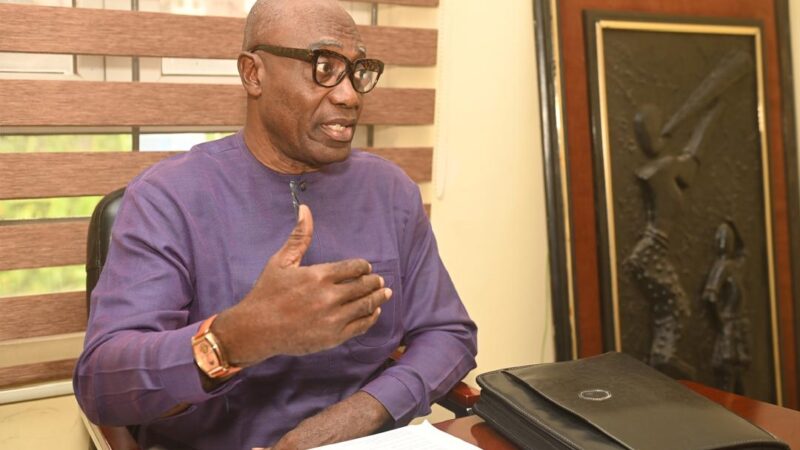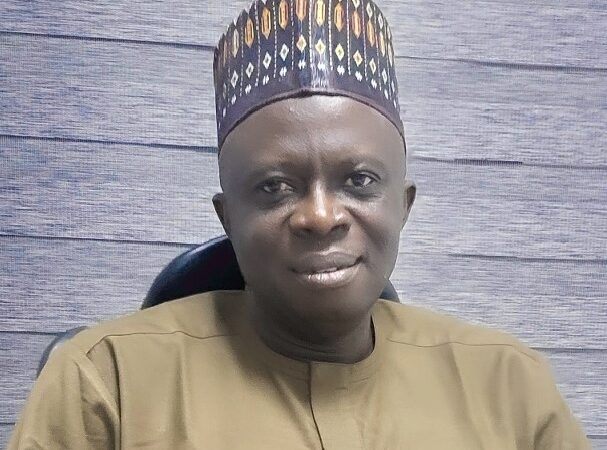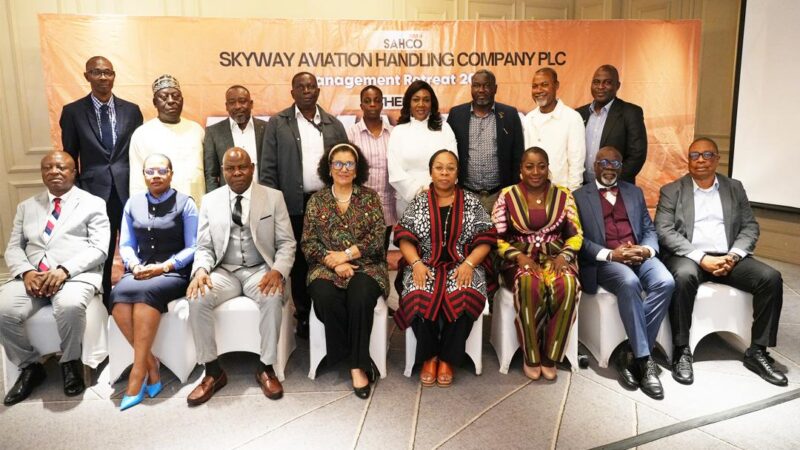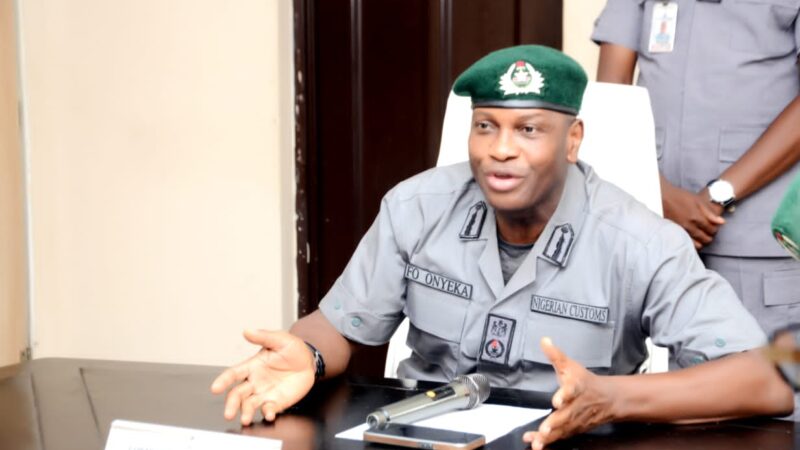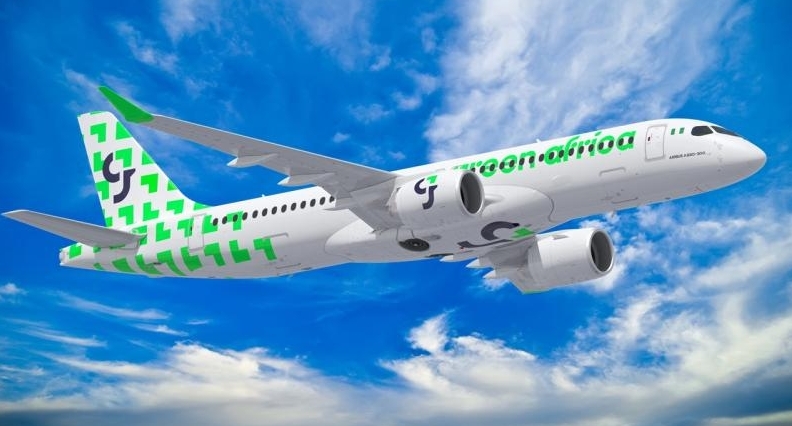Sijuwade Decries Self-Investigation in Rail Accidents, Advocates Independent Role for NSIB
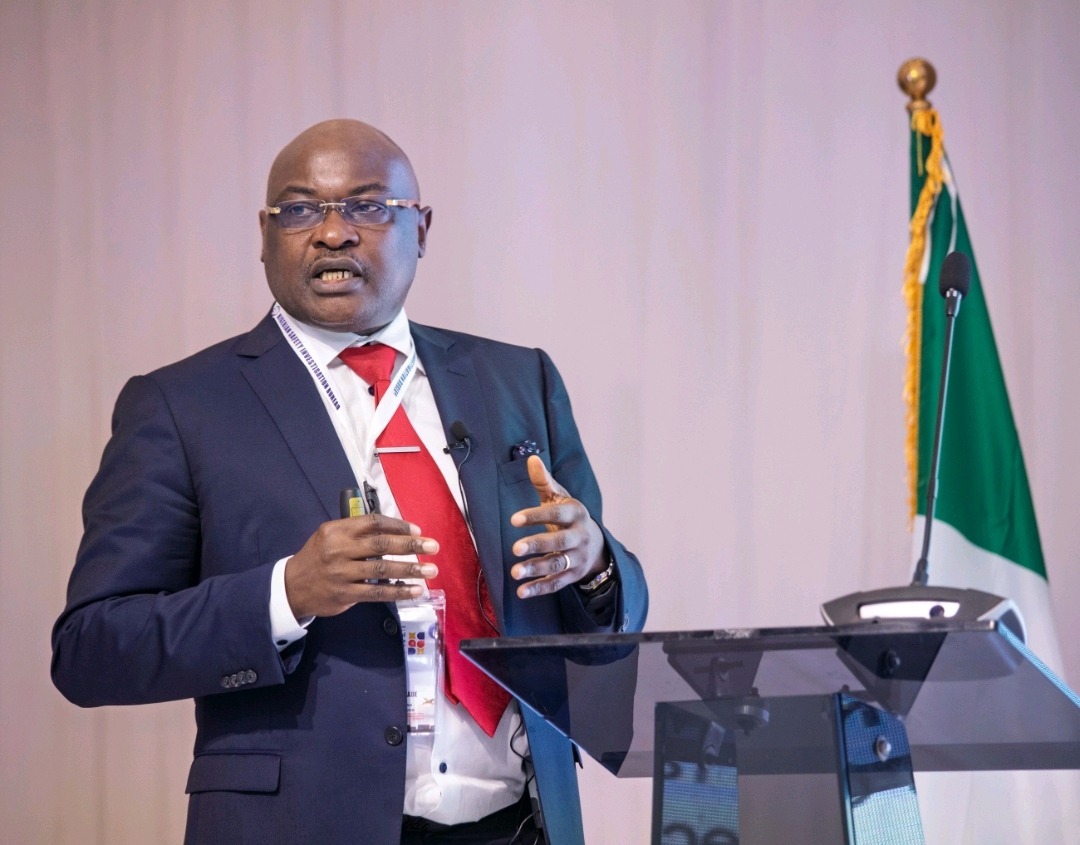
Former Managing Director of the Nigerian Railway Corporation (NRC), Engineer Seyi Sijuwade, has sharply criticised the entrenched practice of self-investigation within the nation’s rail sector, warning that it undermines accountability, distorts facts, and ultimately compromises public safety.
Speaking at the Multimodal Transportation Stakeholders’ Workshop organised by the Nigerian Safety Investigation Bureau (NSIB) in Abuja, Sijuwade described the status quo as deeply flawed.
Themed “Strengthening Transport Safety Standards Through Collaboration,” the high-level meeting brought together key actors across aviation, rail, marine, and road transport sectors to forge a unified national safety strategy.
Drawing on his decades of experience in rail operations, Sijuwade took issue with the routine practice whereby operational staff – often directly involved in incidents – are tasked with investigating accidents.
He warned that such arrangements inherently lack objectivity and serve to shield higher-level officers from scrutiny.
“We have seen cases where train drivers remain loyal to their line managers. When faults occur due to poor maintenance, the reports often protect those in charge. Investigations led by operational staff cannot guarantee truth or objectivity,” he asserted.
Sijuwade argued that internal investigations were not only ineffective but also bred a culture of fear and concealment. Departments, he said, often prioritised maintaining schedules and protecting reputations over transparency, leading to lost or suppressed evidence.
“Those operating the trains should never be the ones probing accidents involving the same trains. Critical evidence disappears — and not by coincidence. It’s driven by fear of punishment and the instinct to shield colleagues,” he remarked.
To address these structural shortcomings, Sijuwade called for a decisive transition towards external, independent investigations of all transport-related accidents, with the NSIB positioned as the lead agency.
He stressed that the Bureau’s mandate – to determine root causes and prevent recurrence – was fundamentally different from that of law enforcement agencies, whose focus is typically blame and prosecution.
“When a crash happens, the first point of contact should be the NSIB. Not the police. Not security agents. Because the Bureau’s objective isn’t to assign blame — it’s to uncover causes and prevent recurrence,” he said.
Sijuwade pointed to the United Kingdom’s model as an exemplar of best practice, where responsibilities for rail operations, regulation, and investigations are strictly separated.
In contrast, he noted, the NRC in Nigeria functions as operator, regulator, and investigator — a concentration of power that stifles independent oversight.
“In the UK, you have the Office of Rail and Road for regulation and the Railway Accident Investigation Branch for probes. Neither operates trains. Here, the NRC does all three. That must change,” he stated.
He went further to recommend the establishment of a dedicated enforcement agency that would ensure NSIB’s safety recommendations are implemented.
He noted that, currently, investigative findings are often disregarded, especially when institutions responsible for incidents are left to enact reforms on their own.
“NSIB cannot enforce its findings. Yet we expect the same institutions that caused the accident to correct themselves. It’s a dead end. We need a regulatory body that accredits, monitors, and enforces compliance,” Sijuwade declared.
On the matter of public engagement, he acknowledged that passengers and front-line railway staff were reluctant to report safety breaches due to fear of reprisals. He therefore called for the establishment of anonymous whistleblower channels with robust protections.
Sijuwade also urged the NSIB to formalise partnerships with first responders such as the police, Department of State Services (DSS), and fire services, so as to clearly define operational roles and streamline responses during multimodal transport emergencies.
“This engagement must not end with a workshop,” he concluded. “We need ongoing collaboration, full publication of findings, and open communication with the public. That’s how we build a credible safety system.”
His remarks underscored growing concerns about safety oversight in Nigeria’s transport sector and reinforced the call for institutional reforms that prioritise independent investigation, transparency, and prevention over bureaucratic self-protection.


